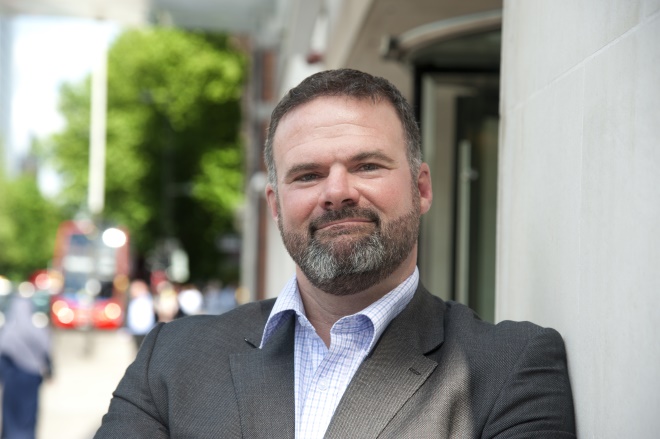
Shutterstock.com
Five years of fixed funding will prove challenging for an “already financially strained sector”, pharmacy organisations have warned after the government published the latest community pharmacy contract on 22 July 2019.
Despite these concerns that the level of funding will be frozen at £2.59bn per year for the duration of the contract, the organisations were all supportive of the move towards a more clinically-focused framework.
Claire Anderson, chair of the Royal Pharmaceutical Society (RPS) English Pharmacy Board, said that the shift toward “a major clinical future” was “absolutely the right direction for community pharmacy”.

Source: Nic Bunce / The Pharmaceutical Journal
Claire Anderson, chair of the Royal Pharmaceutical Society English Pharmacy Board, said that the shift toward “a major clinical future” was “absolutely the right direction for community pharmacy”
“We have long called for pharmacists in the community to play an expanded clinical role and there is much to welcome in the new contract with focus areas on urgent care, prevention, medicines optimisation and safety,” she said.
“Referring patients with minor illnesses who would have otherwise required an appointment with their GP to community pharmacists will be game-changing for our primary care systems.
“If successful, the Community Pharmacist Consultation Service (CPCS) will support the delivery of the NHS Long-Term Plan and make the best use of the clinical skills of community pharmacists through better integration.”
The CPCS, which will combine the Digital Minor Illness Referral Service and the NHS Urgent Medicine Supply Advanced Service into one service, will launch from October 2019 and involve patients being referred from NHS 111 and general practice to community pharmacy.
Anderson added that with the new contract phasing out medicines use reviews (MURs) over the next two years, it would be “vital” that pharmacists in all settings are enabled to help people get the most from their medicines.
“A five-year settlement will offer some certainty for contractors who want to plan for the future, although with funding remaining flat and contractors potentially facing rising costs, the sector will no doubt be keenly watching how further details on services and payments are negotiated each year,” she said.
The Company Chemists’ Association (CCA) said that a further five years of flat funding would present “significant challenges to what is already a financially strained sector”.
However, Malcolm Harrison, chief executive of the CCA, added that he too was “encouraged by the direction of travel set out by the agreement”.

Source: Charlie Milligan
Malcolm Harrison, chief executive of the Company Chemists’ Association, said it was “critical” that all community pharmacies embraced the new urgent care services and engaged with primary care networks
“The CCA and its members have been calling for a more clinically focused contract framework in recent years,” he said.
“We hope that the CPCS will allow community pharmacists and their teams to continue to refocus the sector on the delivery of care.”
He added that it was now “critical” that all community pharmacies embraced the new urgent care services and engaged with primary care networks (PCNs) to ensure integration of the sector into the NHS.
“There is much still to be agreed within this settlement. We look forward to working with our colleagues from across the sector, through the Pharmaceutical Services Negotiating Committee, to help develop what the new framework will mean for contractors.”
McKesson UK, who own LloydsPharmacy, said that the agreement provided “much needed long-term certainty”.
However, the company said that, in light of external pressures in the sector, including a high level of business rates and property rental price increases, the commitment to flat funding would inevitably limit the sector’s potential for investment and innovation.
“We look forward to an ongoing dialogue with government and NHS England to ensure the full potential of community pharmacy is realised by helping to deliver the long-term vision of healthcare in the community.”
Following the announcement, Keith Ridge, chief pharmaceutical officer, said the contract “provides the accessible and convenient healthcare that the public really want while offering a more fulfilling clinical career to pharmacists and pharmacy technicians”.
Matt Hancock, secretary of state for health, added pharmacists are “integral” to community health and the new framework aims “to support our incredible pharmacists to unlock their full potential, helping them offer more health advice and support more patients as part of our long term plan for the NHS”.


